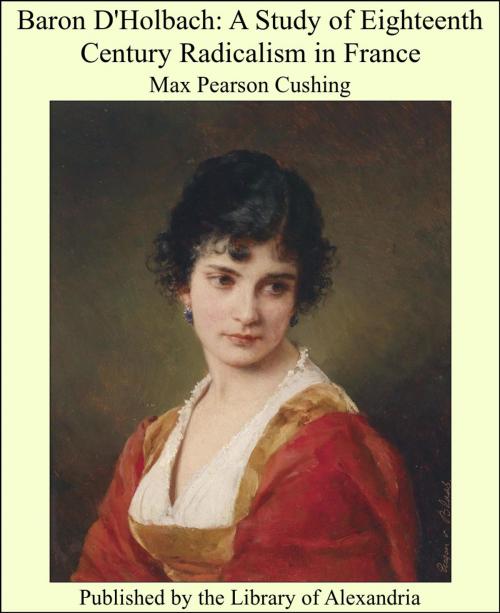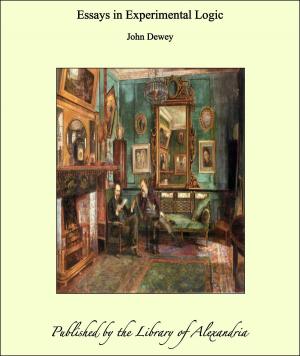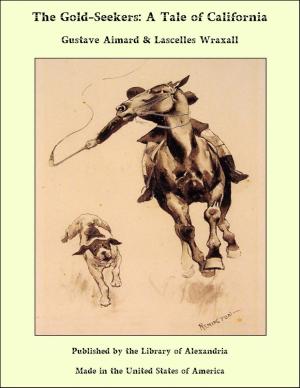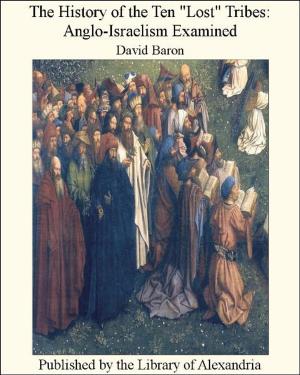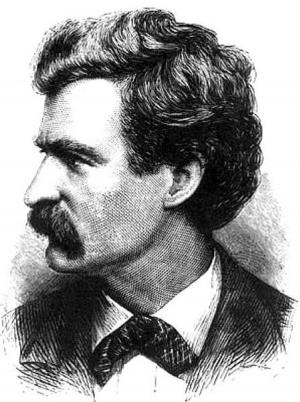Baron D'Holbach: A Study of Eighteenth Century Radicalism in France
Nonfiction, Religion & Spirituality, New Age, History, Fiction & Literature| Author: | Max Pearson Cushing | ISBN: | 9781465529923 |
| Publisher: | Library of Alexandria | Publication: | March 8, 2015 |
| Imprint: | Language: | English |
| Author: | Max Pearson Cushing |
| ISBN: | 9781465529923 |
| Publisher: | Library of Alexandria |
| Publication: | March 8, 2015 |
| Imprint: | |
| Language: | English |
Diderot, writing to the Princess Dashkoff in 1771, thus analysed the spirit of his century: Chaque siècle a son esprit qui le caractérise. L'esprit du nôtre semble être celui de la liberté. La première attaque contre la superstition a été violente, sans mesure. Une fois que les hommes ont osé d'une manière quelconque donner l'assaut à la barrière de la religion, cette barrière la plus formidable qui existe comme la plus respectée, il est impossible de s'arrêter. Dès qu'ils ont tourné des regards menaçants contre la majesté du ciel, ils ne manqueront pas le moment d'après de les diriger contre la souveraineté de la terre. Le câble qui tient et comprime l'humanité est formé de deux cordes, l'une ne peut céder sans que l'autre vienne à rompre. The following study proposes to deal with this attack on religion that preceded and helped to prepare the French Revolution. Similar phenomena are by no means rare in the annals of history; eighteenth-century atheism, however, is of especial interest, standing as it does at the end of a long period of theological and ecclesiastical disintegration and prophesying a reconstruction of society on a purely rational and naturalistic basis. The anti-theistic movement has been so obscured by the less thoroughgoing tendency of deism and by subsequent romanticism that the real issue in the eighteenth century has been largely lost from view.
Diderot, writing to the Princess Dashkoff in 1771, thus analysed the spirit of his century: Chaque siècle a son esprit qui le caractérise. L'esprit du nôtre semble être celui de la liberté. La première attaque contre la superstition a été violente, sans mesure. Une fois que les hommes ont osé d'une manière quelconque donner l'assaut à la barrière de la religion, cette barrière la plus formidable qui existe comme la plus respectée, il est impossible de s'arrêter. Dès qu'ils ont tourné des regards menaçants contre la majesté du ciel, ils ne manqueront pas le moment d'après de les diriger contre la souveraineté de la terre. Le câble qui tient et comprime l'humanité est formé de deux cordes, l'une ne peut céder sans que l'autre vienne à rompre. The following study proposes to deal with this attack on religion that preceded and helped to prepare the French Revolution. Similar phenomena are by no means rare in the annals of history; eighteenth-century atheism, however, is of especial interest, standing as it does at the end of a long period of theological and ecclesiastical disintegration and prophesying a reconstruction of society on a purely rational and naturalistic basis. The anti-theistic movement has been so obscured by the less thoroughgoing tendency of deism and by subsequent romanticism that the real issue in the eighteenth century has been largely lost from view.
